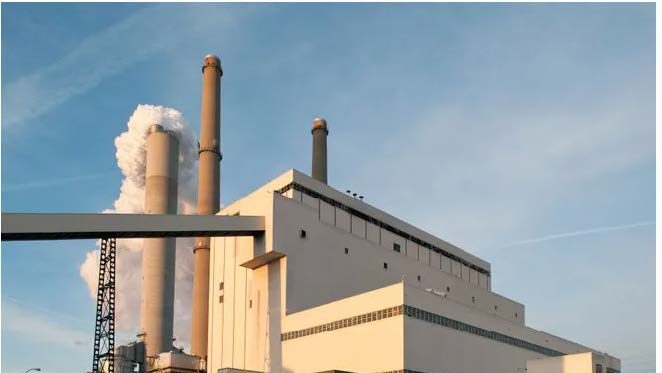The public comments were sent to the Indiana Department of Environmental Management (IDEM) on June 30, the last day comments from the public were accepted for the executive order. The agencies’ report was one of more than 1,200— from corporations, utilities, groups and individuals — that were received by the deadline.
The order is one of many issued by Braun that requires environmental agencies, including IDEM, to evaluate their current regulations to assess if they overburden industry, impose undo costs or benefit the environment, according to Kim Ferraro, managing attorney with Conservation Law Center, one of the seven agencies that sent the letter.
Other agencies listed are the Environmental Law & Policy Center, the Hoosier Environmental Council, Save the Dunes Conservation Fund, Gary Advocates for Responsible Development and Just Transition Northwest Indiana.
Ferraro explained the agencies’ comments were in response to IDEM’s notice of the executive order. The comments, sent via email to IDEM, urge the state regulatory agency to share their concerns with the governor.
“One of the most important issues that we try to raise in our comments is that Gov. Braun presumes that having strong environmental regulations is bad for the economy,” Ferraro said, talking by phone.
What’s included in the comments?
The 15-page comment begins by stating that the Braun’s executive order is based on a false assumption that lessening environmental regulations will be beneficial to business and industry in Indiana. The comments state that claim has been “debunked be decades of economic research” and that it “ignores the last 50 years of the nation’s success in growing the economy while reducing pollution at the same time.”
Documented reports showing that environmental regulations did not have a negative effect included a U.S. Environmental Protection Agency report showing air pollution emissions dropping, by 77% between 1970 and 2019, at a time when the U.S. gross domestic product grew 285%. Also mentioned was passage of the Clean Air Act did not cause the automobile industry to collapse, as was predicted at the time.
The Hoosier agencies’ report states, “… study after study has confirmed that environmental regulation does not kill jobs; it creates them.”
Ferraro said the seven agencies included in the comment report are well established Indiana nonprofit groups that came together to let IDEM and the governor know that they agree. “This is a unanimous and credible point of view,” she said.
The government’s assumption is “flipped on its head,” she said, with the notion that regulations are not based on sound science. She gave the example of rules for confined feeding operations and how they protect Hoosier waterways and air emissions of nearby properties, as well as mentioning water issues — both drought and floods — and the need for government oversight. The fact that Indiana has the most coal ash ponds, with most located close to water sources, is another concern for Hoosiers if federal coal ash regulations are lessened.
“We need those regulations to stay strong to protect the White River and other rivers,” she said.
The Bloomington area, according to Ferraro, is “fortunate to have lakes and reservoirs,” but they need protecting. “We’ve got a federal government that’s stepping away from that responsibility. We need the governor and our legislators to step up.
“What we care about the most in Bloomington is going to be polluted and destroyed,” she said. “The federal government is backing away from climate change. It needs to step in to protect Hoosiers.”
The report, IDEM and other responses to the executive order
Anyone who wants to read the IDEM review of Executive Order 25-38 or read all the comments received about the order, can go online to www.in.gov/idem and look at them, found as the first in the “Featured Topics” section. There is also a link to Executive Order 25-38 there.
Appendix A contains all the revisions that IDEM proposes after a letter from Gov. Braun on his reasoning for the changes in state rules. In the report, IDEM states that it has begun a “comprehensive review of its rules to identify those which exceed federal requirements and/or statutory authority” that will fit with the requirements that will begin in late 2025. The report states that most of the regulations currently in place should not be affected since IDEM has, for decades, been limited by Indiana Code and other authorities from passing rules that are more restrictive than federal regulations.
The report states, “IDEM will seek to effect changes to unduly burdensome federal requirements impairing Indiana’s ability to provide a ‘stable, predictable and fair environment for businesses and industries'” in several ways. It mentions identifying “priority deregulation actions” that include state planes for national air quality standards for sulfur dioxide and to address pollution impairing visibility in national parks.
The report also states it will provide comments on “forthcoming U.S. EPA reconsiderations, regulatory exemptions, and other rulemaking activities” as well as resolutions of disapproval under the Congress” that include the EPA’s plans to “revisit or reconsider major rules with a significant impact on Indiana and IDEM” that include the Waters of the U.S. rule, the 2024 particulate matter National Ambient Air Quality Standards, regulation of greenhouse emissions at power plants, effluent limitation guidelines for steam electric under the Clean Water Act, and others.
IDEM, the report states, will also explore “opportunities to secure or maintain ‘primacy’ over key federal permitting programs. These include coal energy generation and natural gas supplies. It mentions the recent settlement with Duke Energy Indiana that allows the utility to continue operation of coal units at its Cayuga Generating Station in Vermillion County.
A final report about EO 25-28, including an analysis by IDEM, is due by Dec. 31, 2025.
What the public can do
While the comment period is over and it will be some time before the final report is out, Ferraro said Hoosiers still have time to act, to share their views.
“The main thing is we are all voters and citizens of the state of Indiana. I think the governor needs to hear from everyday Hoosiers that they want him to protect our water and our air, for all of us.”
“And state legislators, too,” she added.
Contact Carol Kugler at ckugler@heraldt.com.


